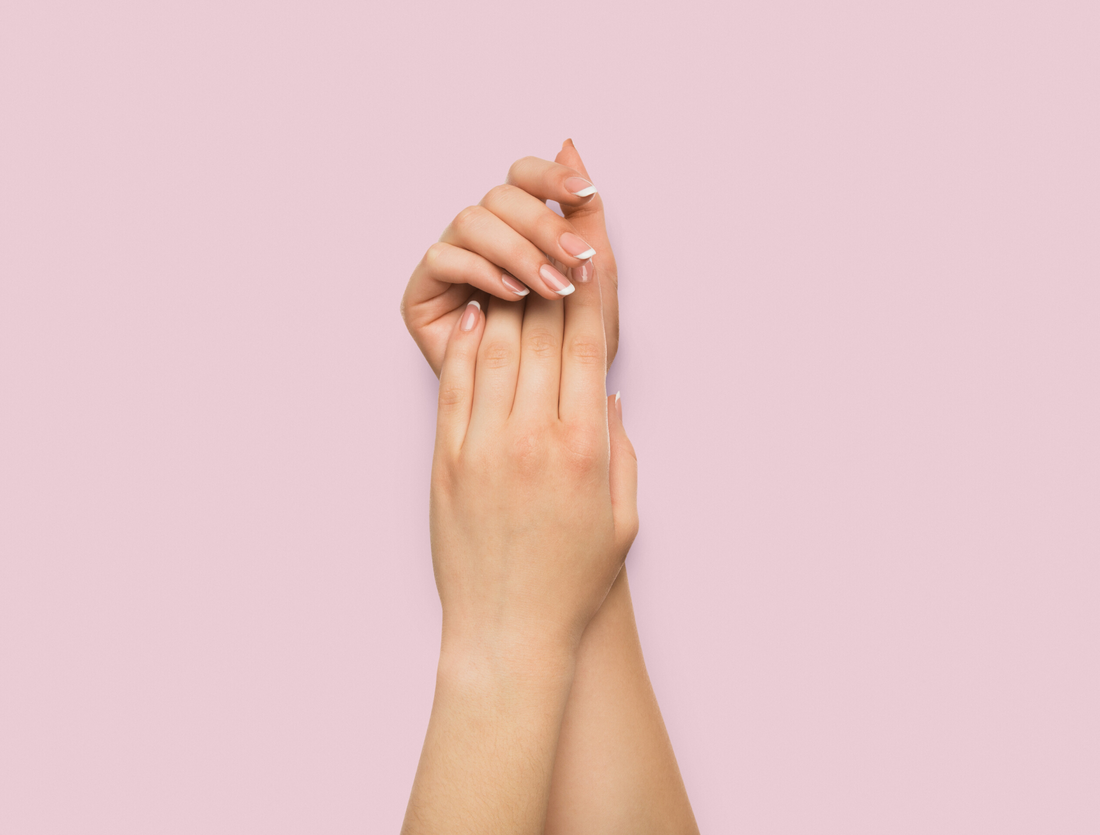
The wonderful functions of our skin
Have you ever wondered what our skin does? Or perhaps you only see the skin as something you look at? Let’s explore this amazing organ in more detail.
Our skin is a wonderful organ suited to fulfil a variety of functions. It is the most primary protective organ of our body and the largest organ, absorbing up to 60% of what you put onto it. Without complete, healthy and coherent skin we can be exposed by invasions of bacteria, micro-organisms, chemicals, light, extreme temperature changes and physical injury. Our skin reflects an inner state of both physical and emotional levels. Have you ever recalled a time where you felt yourself blushing? Or perhaps felt embarrassed about something? That’s right, our skin reacts to our internal emotional environment.
Here are some of the major functions of our skin;
Protection
Immunity
The skin harbors a friendly natural community of bacteria and acts to regulate immune function with the assistance of important cells known as Langerhans. It is with these cells that toxic and foreign substances are removed from the skin, therefore initiating a natural part of our immune response.
Physical Barrier
The outer layer of the skin known as the epidermis contains a tight network of keratinocytes. This structure acts as a physical barrier and this is what protects the underlying structures and our body from toxins, harmful agents, abrasive stress and fluid loss. Interestingly, when we perspire it protects our body through diluting toxins and removing them. This is one reason why exercise is important!
Don’t be afraid to have a little earwax! It helps to trap foreign materials, preventing them from damaging the ear canal.
Melanin, a skin pigment that makes our hair, skin and eyes appear darker, protects the cells and all the underlying tissues from the harmful effects of UV rays.
Chemical Barrier
Our skin contains glands that are responsible for secreting secretions, it is these secretions that help to regulate the pH of the skin. This, in turn, protects microbe growth.
Sense
Sensation
Our skin is an organ of sense; richly supplied with sensitive nerve endings which send messages to the brain about sensations from the outside world; heat or cold, pleasure or pain.
It is a point of contact between our inner body to the outside world. It is not a surprise that many skin complaints happen not only through physical damage of the skin but also through emotional disharmony.
We take the world in through our sense of touch, how good does it feel when we receive a hug? Or even a massage? A baby’s sense of touch is vital in the early weeks as it helps them to communicate, bond and explore their environment.
Nutrition
Storage of fats
The fat cells in the layers of the skin help to store fats. In particular, our fat soluble vitamins such as Vitamin A, D, E and K.
Synthesis of Vit D
When our skin is exposed to the UV rays of the sun, it starts to convert the inactive form of vitamin d to the previtamin cholecalciferol (vitamin D3).
Balance
Excretions
Our sweat glands help to eliminate substances such as water, protein, fatty acids, electrolytes and waste products onto the outer layer of the skin. It protects us against the loss of water, salts and other substances from the inside of the body.
It is also one of the four main organs responsible for excreting waste products and water. Therefore, anything that comprises this function can put extra stress onto other organs that assist with elimination such as lungs, bowels and kidneys.
Body Temperature
Our sweat glands help to excrete water, which in turn helps to control our body temperature. The presence of fat tissue in the layer of the skin and the process that contributes to goose bumps help to insulate the skin from unnecessary heat loss. Have you ever noticed that when you're cold you get goosebumps and shiver? All necessary functions to help control our temperature.
Now that we know how important our skin is, next we will talk about making the switch to clean organic skin care and why it’s important for the health of our skin and our planet.



